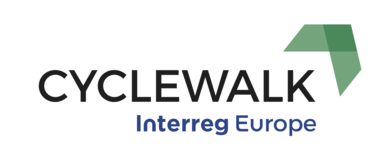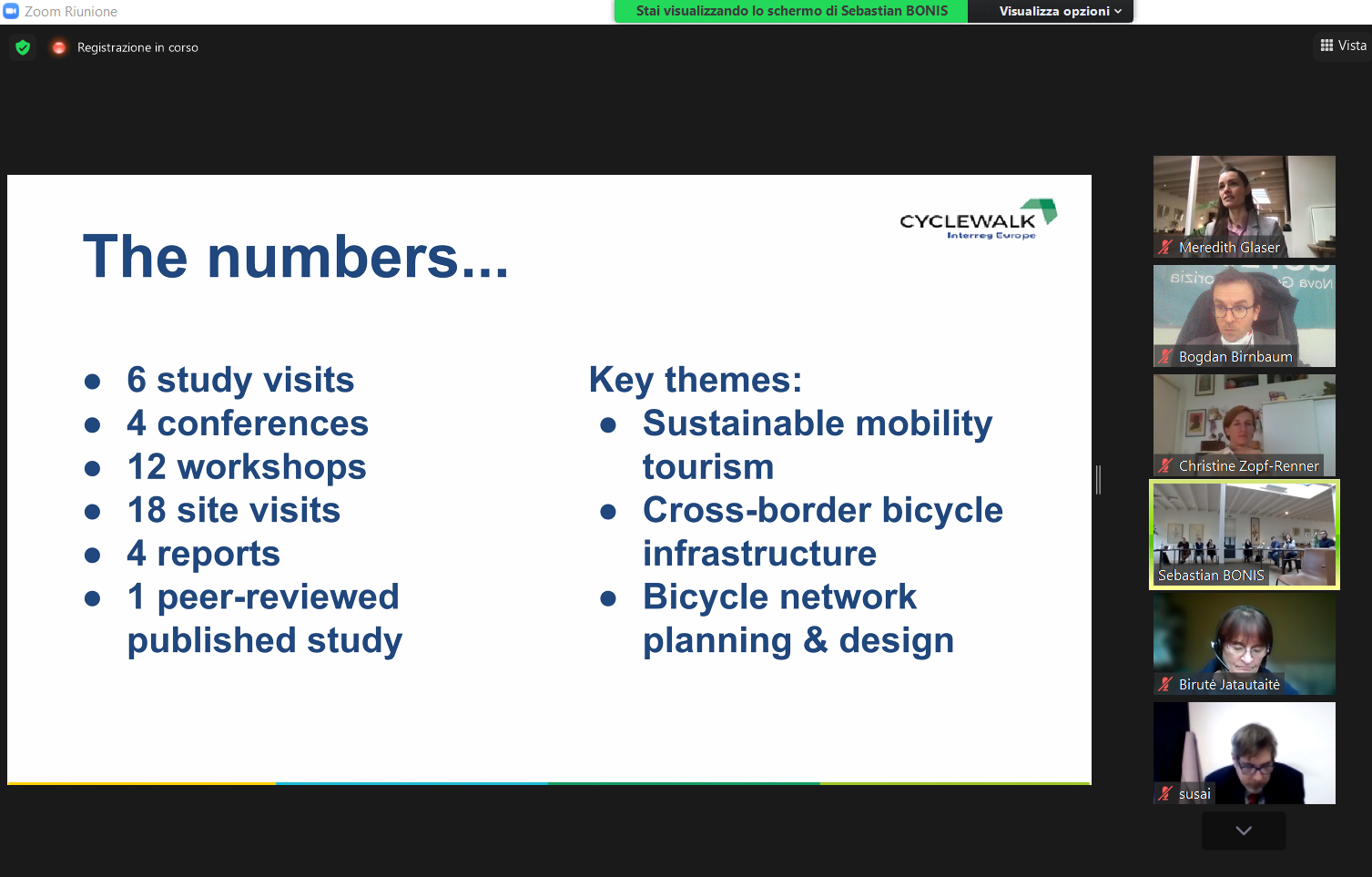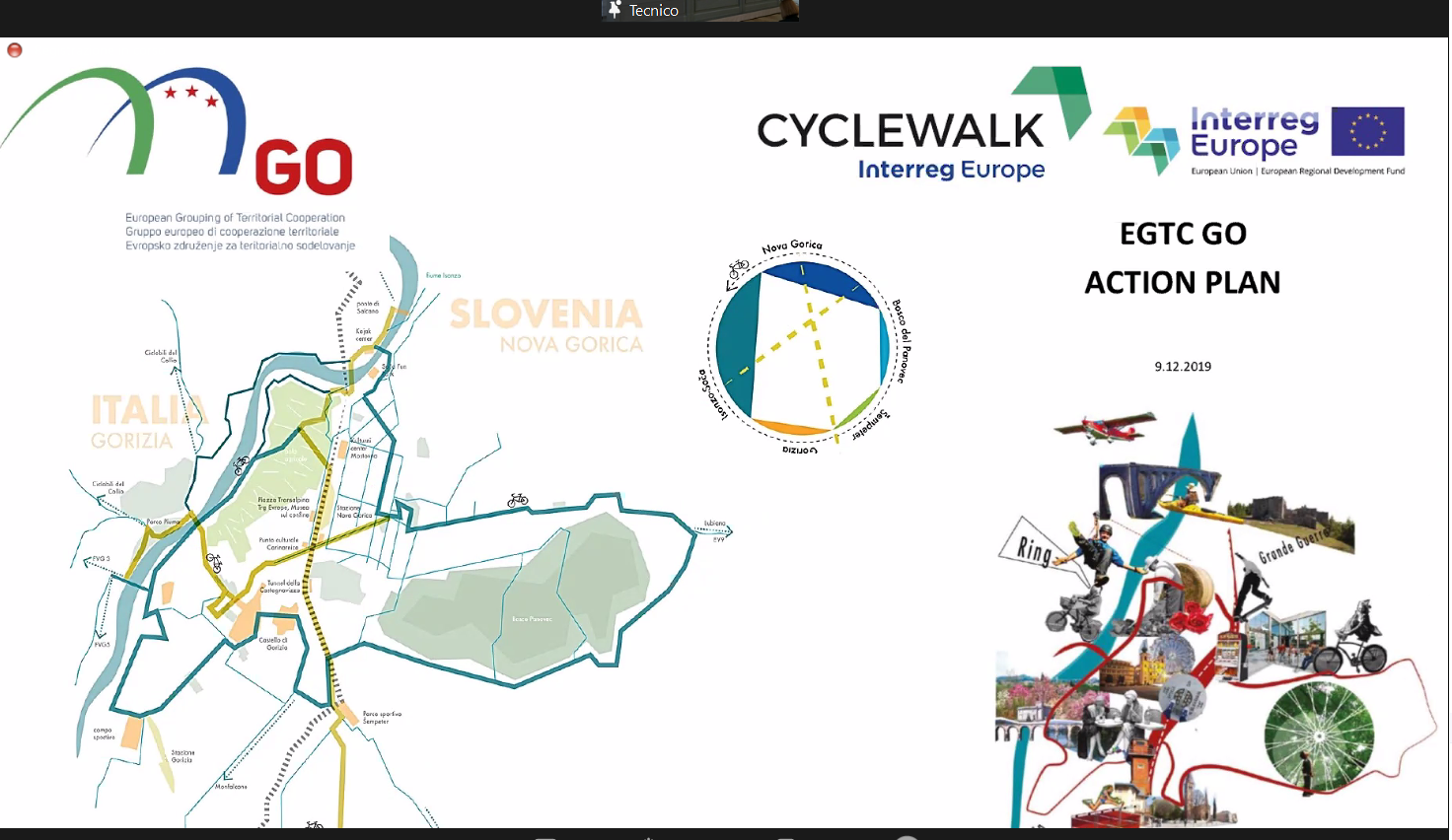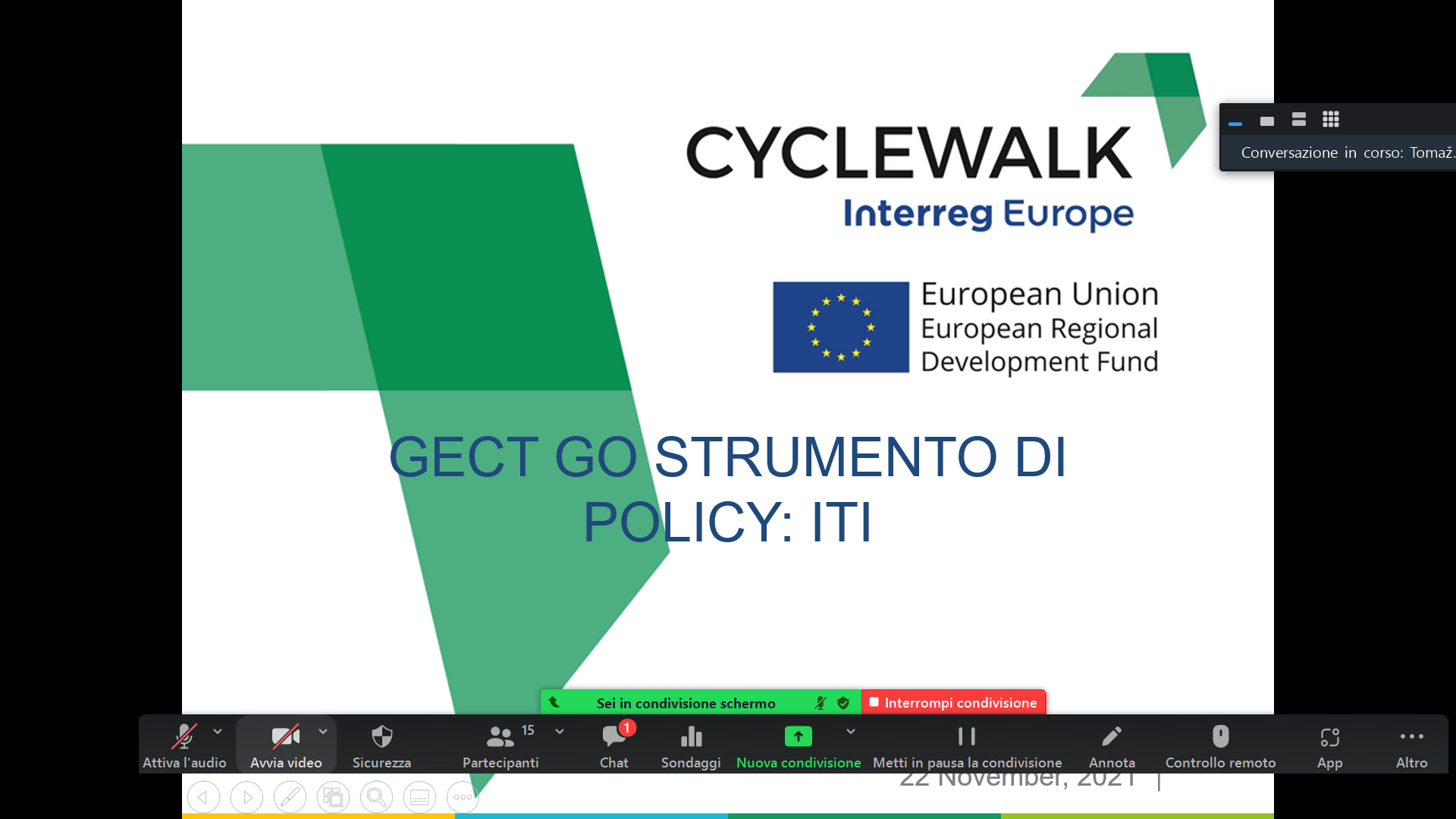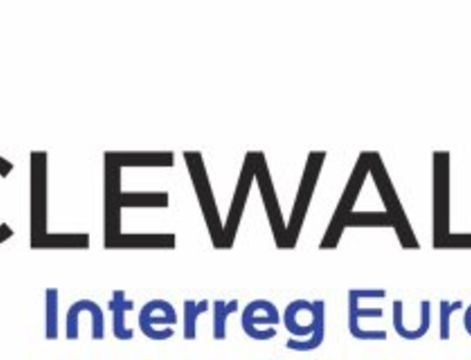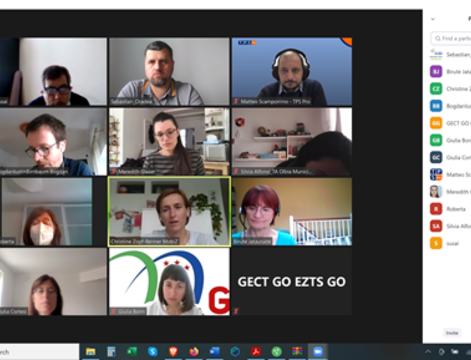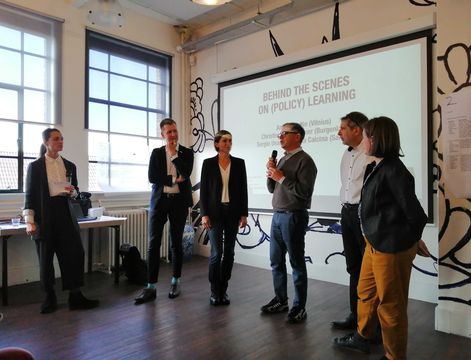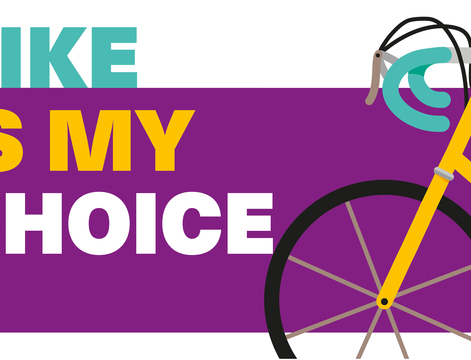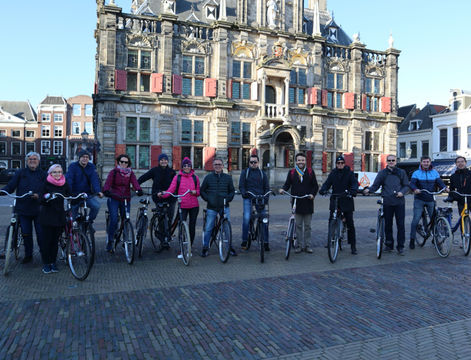To round up the first phase of the CYCLEWALK project, all of the partners gathered in Delft, the Netherlands, for a 2-day event. Different from Amsterdam, Delft region is more rural with skirting residential suburbs and a dense urban center. Cycling participation is very high, and the integration with transit is seen as best practice. Since many of the CYCLEWALK partner regions have similar characteristics, Delft was considered a prime example from which to learn.
The advisory partner worked in close collaboration with the annual Cycling Research Board (CRB) conference, located at the Technical University of Delft this year, and the Dutch Cycling Embassy (DCE), also located in Delft,to support the dissemination the project’s first phase results to a larger international audience. CRB is a transdisciplinary academic conference, attracting professors, researchers and students from a variety of disciplines who share a common interest in cycling, while the DCE is a network of public and private organizations in the Netherlands who work internationally on cycling.
As with the other study visits, all partners invited several key stakeholders from their regions. On the first morning of the two-day event, DCEhosted a meeting for all attendees in which the audience became acquainted with CYCLEWALK, were introduced to the partners during a Q&A discussion, and participated in an interactive workshop on Dutch road design and traffic safety principles, a key element of CYCLEWALK’s Quality Criteria (Infrastructure). The group then had the opportunity to see these concepts in action with a guided bike tour to relevant streets in Delft.
Engaging with the CRB audience, outside of the policy and practitioner focus of the project, provided the opportunity for a peer review of the Quality Criteria (presented above). Using an interactive ‘world café’ workshop format, the audience worked through all categories of the Quality Criteria and provided feedback which was then incorporated into the framework presented in the previous section of this report. This acted as the final round of adjustments on the Quality Criteria, completing the vigorous process of development and assessment of this unique tool.
The conference delegates approached the activity with enthusiasm, seizing the workshop as a chance to converse with CYCLEWALK project partners and stakeholders, and closely discuss the pros and cons of the project’s governance framework. This first phase of the project ended fittingly at CRB. Each partner could reflect on what had been achieved in the last three years and begin to consider how their city/region can maximize the potential benefits that a multi-national cooperative learning project such as CYCLEWALK can provide.
